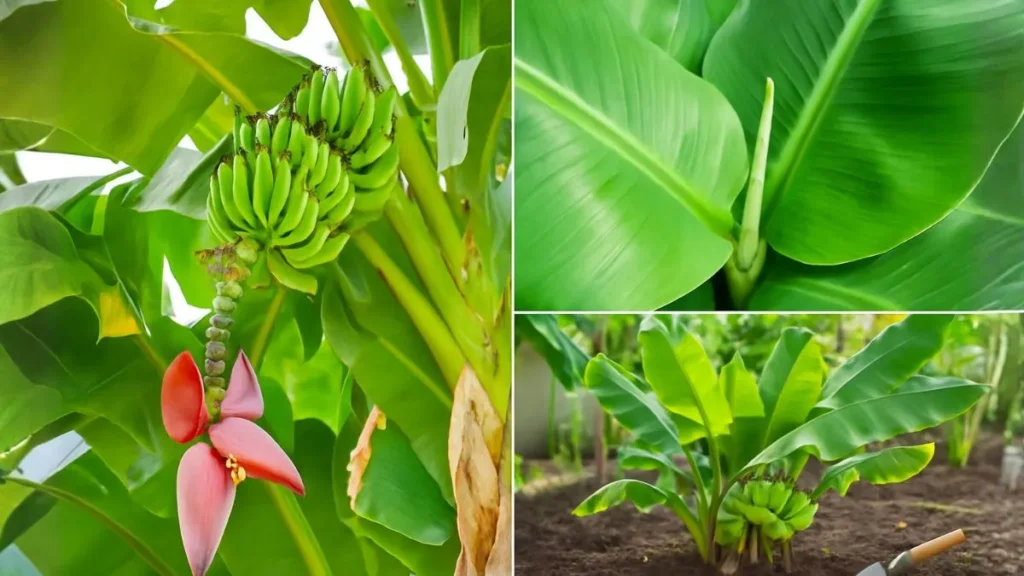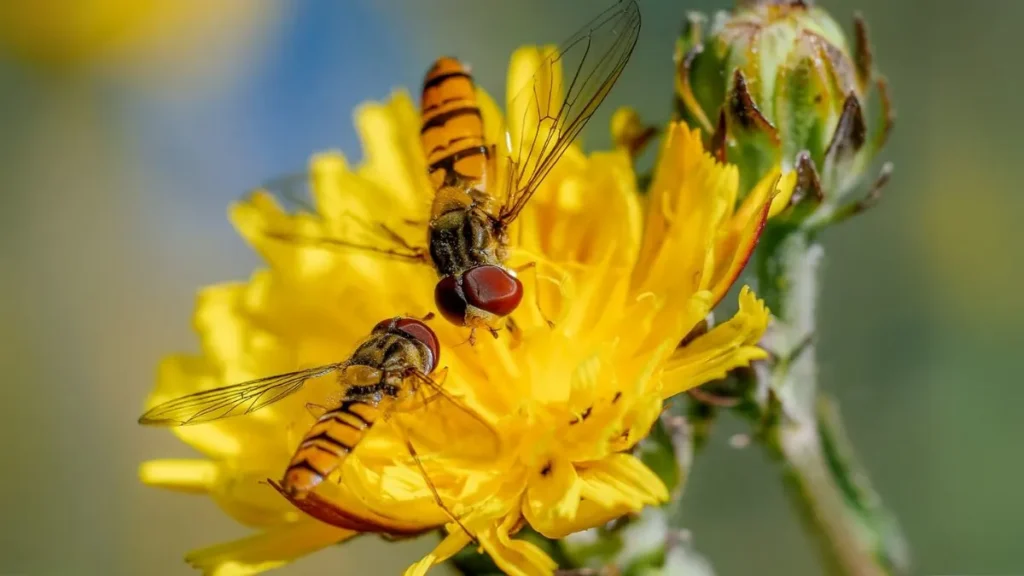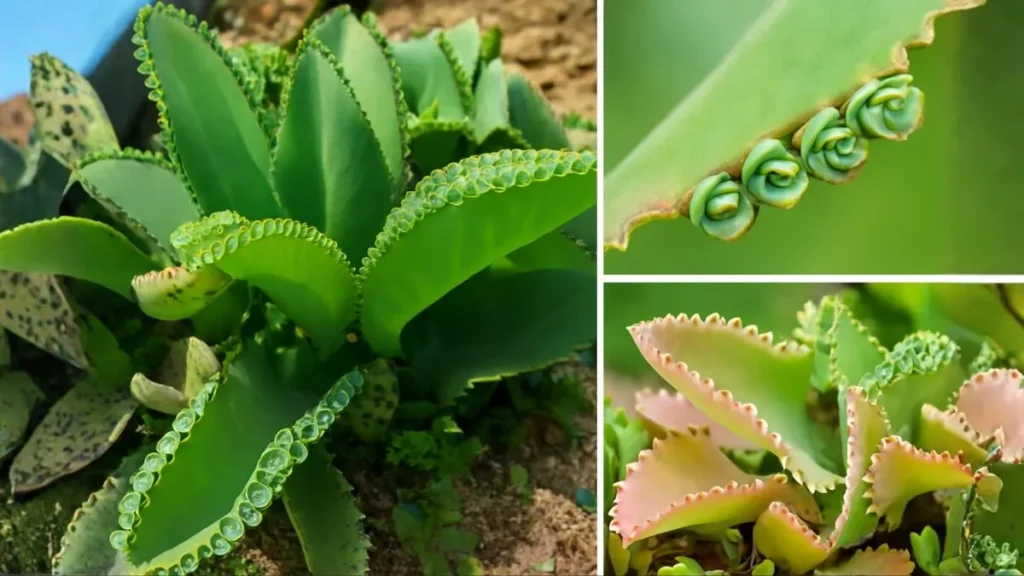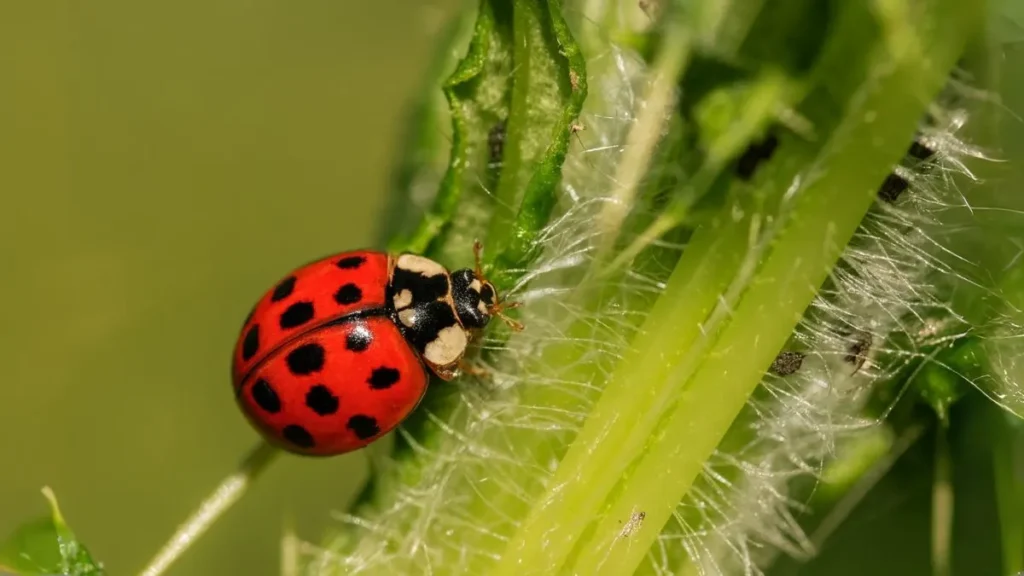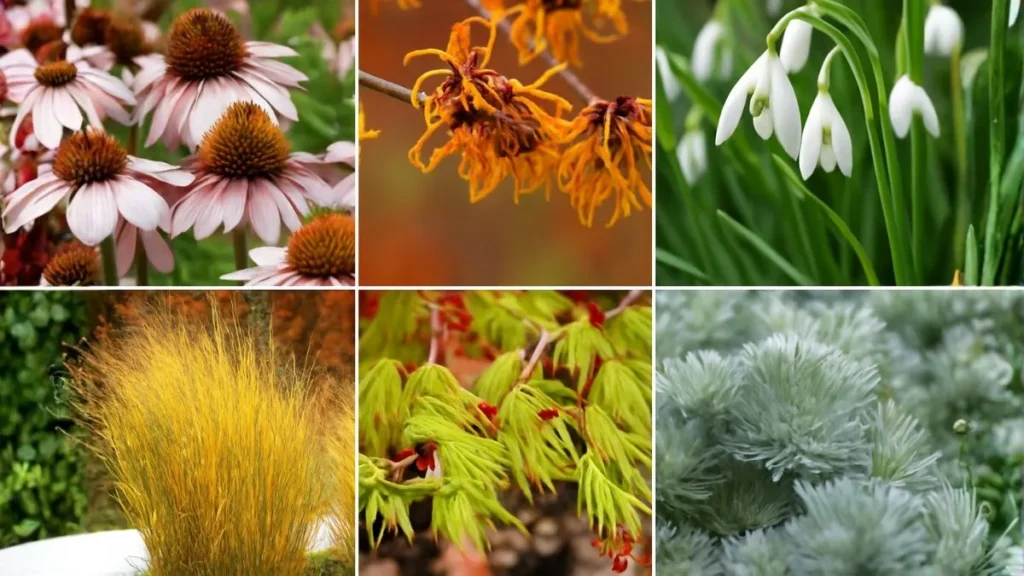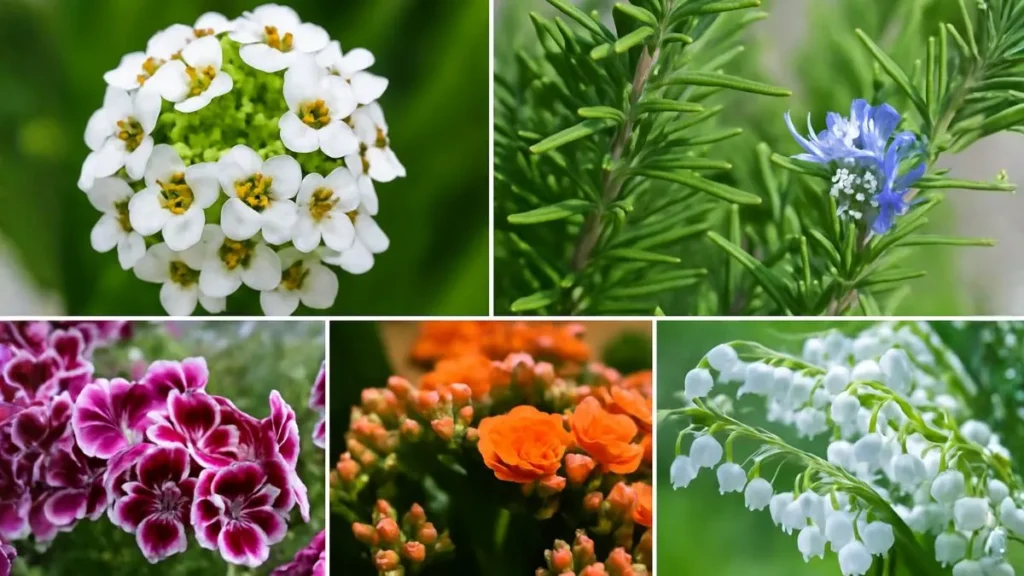If you’ve ever grown lantana, you already know how stunning this plant can be. With clusters of colorful flowers ranging from orange, pink, red, and yellow, lantanas can turn any corner of your garden into a bright display. They’re popular across the USA, Canada, and globally because they bloom for months, tolerate heat, and don’t demand too much care.
But even a hardy plant like lantana has its secrets. And the biggest one is watering. Gardeners often struggle with this—give too much, and the roots rot; give too little, and the plant dries up. I’ve faced this myself when my lantana in pots began drooping from neglect. That’s when I realized the key is not just watering but knowing how often to water lantana.
Let’s dive into the details.
General Watering Needs of Lantana
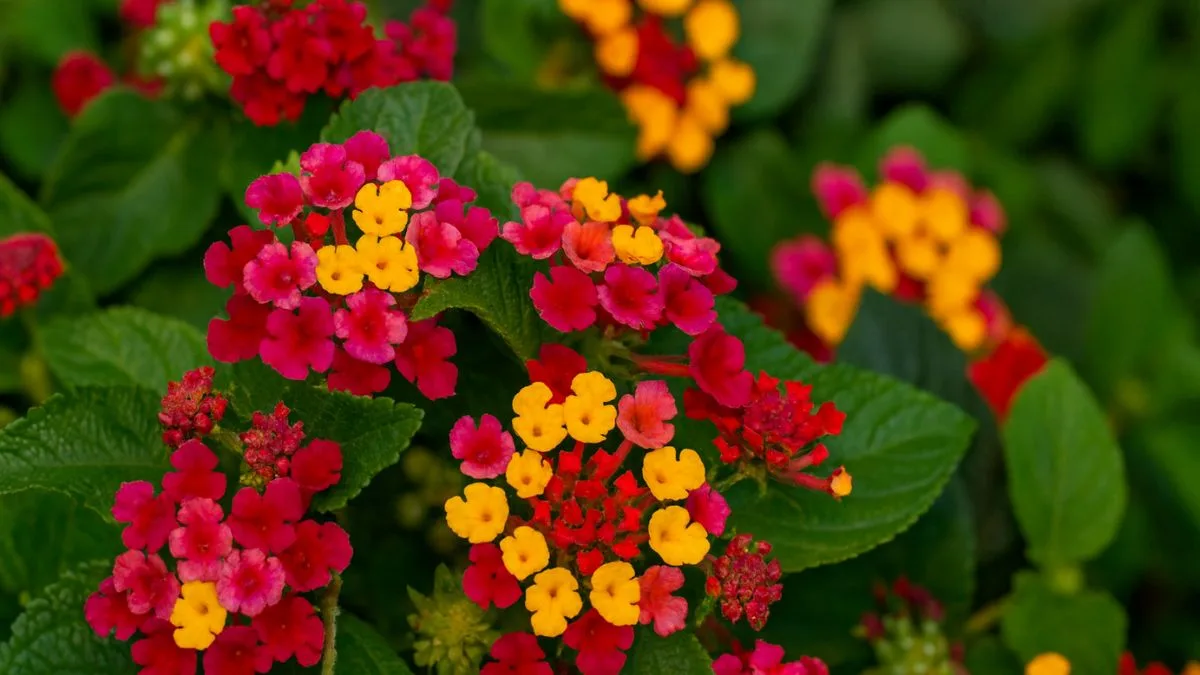
During the flowering period, they should be watered once per week during their blooming season. This ensures the soil remains moist enough to support continuous blooms without suffocating the roots.
In simple terms, aim to water lantana thoroughly, about one inch per week. This allows the roots to drink deeply and establish strength, while avoiding soggy soil that can lead to rot.
Another precise way to measure: lantana needs 0.8 cups of water every 9 days. While it might sound overly specific, this guideline helps beginners who worry about overwatering or underwatering.
Watering According to Plant Stage
1. Newly Transplanted Lantanas
If you’ve just planted them, remember: young, newly transplanted lantanas require frequent watering. Their roots are shallow and vulnerable, so they need more consistent moisture. In my experience, watering lightly every 2–3 days during the first two weeks helps them settle well.
Ignoring this stage often results in weak plants that fail to bloom later.

2. Mature, Established Lantanas
Once the plant is established, it becomes much tougher. At this point, you can stick to the golden rule: water deeply when the top 2 inches of soil feel dry. This not only keeps the plant hydrated but also encourages the roots to grow downward, making the lantana more drought-resistant.
Also Read: Dandelion Roots: The Hidden Treasure Beneath Your Garden
3. Lantana in Pots vs. Ground
When it comes to containers, watering needs change drastically. Pots dry out faster than garden soil. If you’re asking how often to water lantana in pots, the answer is simple: check the soil often. If the top layer is dry, water until it drains out of the bottom.
In the ground, lantana benefits from natural soil moisture and needs less frequent watering once established.
4. Lantana in Arizona (Hot Climates)
One of the most asked questions online is how often to water lantana in Arizona. Since Arizona has extreme seasonal changes, the approach differs:
- How often to water lantana in Arizona in summer → Every 4–5 days, as intense heat speeds up evaporation.
- How often to water lantana in Arizona in winter → Every 10–14 days, since lantana slows its growth in cooler weather and doesn’t need constant moisture.
This seasonal adjustment is crucial for desert gardeners.
Sunlight, Soil & Fertilizer Impact on Watering
- Sunlight
A common query is: how much sun does lantana need? The answer: full sun, at least 6–8 hours daily. The more sunlight it receives, the faster soil dries, which means you may need to water more frequently. - Soil
Another factor is lantana soil requirements. They thrive best in sandy or loamy, well-draining soil. Poor drainage suffocates the roots and leads to fungal problems, even if you water correctly. - Fertilizer
Lantana fertilizer requirements also influence water needs. When you fertilize (especially during the blooming months), the plant grows actively, demanding slightly more water. But avoid heavy feeding—it can reduce flowering.
Also Read: Why Gardeners Plant Garlic in September
Why Is Lantana a Problem in Some Areas?
While most gardeners love lantana, in some parts of the world it’s considered invasive. Many ask: why is lantana a problem? The answer lies in its aggressive spread—it competes with native species.
However, in managed home gardens or pots, lantana remains safe, easy, and extremely rewarding to grow.
Quick Watering Guide for Lantana
Stage / Condition |
Watering Frequency |
Blooming season |
They should be watered once per week during their blooming season |
General rule |
Water lantana thoroughly, about one inch per week |
New transplants |
Young, newly transplanted lantanas require frequent watering |
Mature plants |
Water deeply when the top 2 inches of soil feel dry |
Container plants |
Check soil often; water when dry |
Arizona summer |
Every 4–5 days |
Arizona winter |
Every 10–14 days |
Precise measurement |
Lantana needs 0.8 cups of water every 9 days |
Mastering lantana watering isn’t difficult—it just requires observation. Whether you’re tending to them in pots, planting them outdoors, or dealing with extreme climates like Arizona, the key is consistency.
Also Read: Geranium Watering Secrets: Keep Them Blooming All Season Long
Remember: they should be watered once per week during their blooming season, while young, newly transplanted lantanas require frequent watering. Mature plants thrive when you water deeply when the top 2 inches of soil feel dry. And for those who love precision, lantana needs 0.8 cups of water every 9 days or about one inch of water per week.
Get this balance right, and your lantana will reward you with vibrant flowers, healthier leaves, and an extended blooming season.
So next time someone asks how often do you water lantana?—you’ll have the perfect, experience-backed answer.
